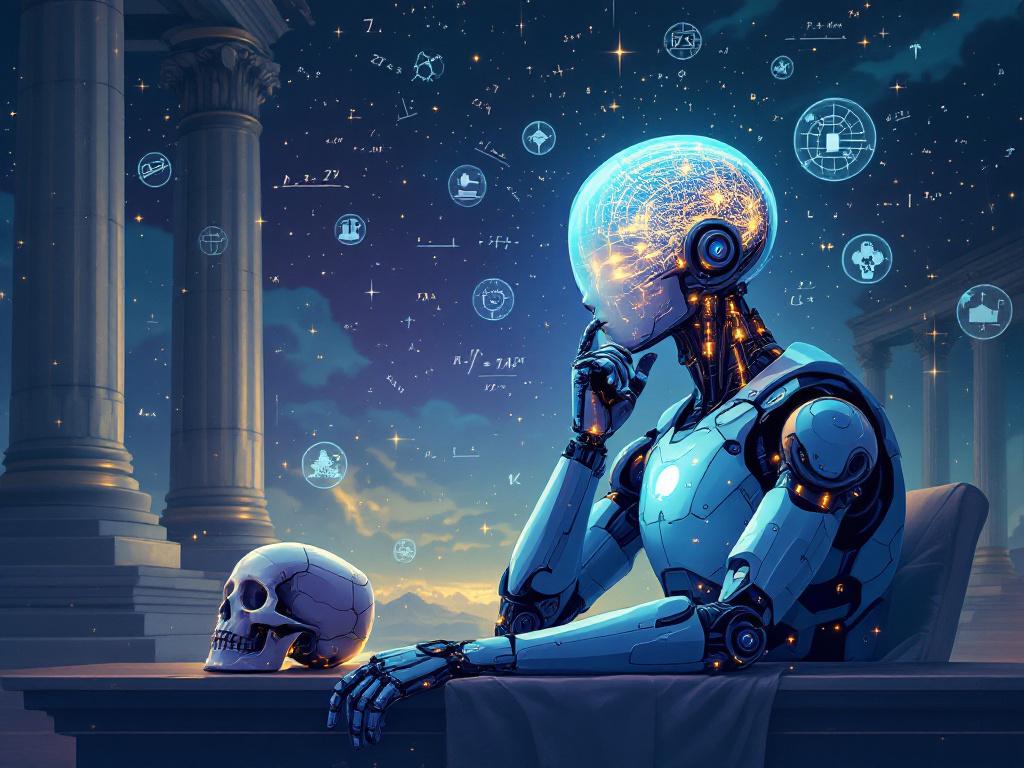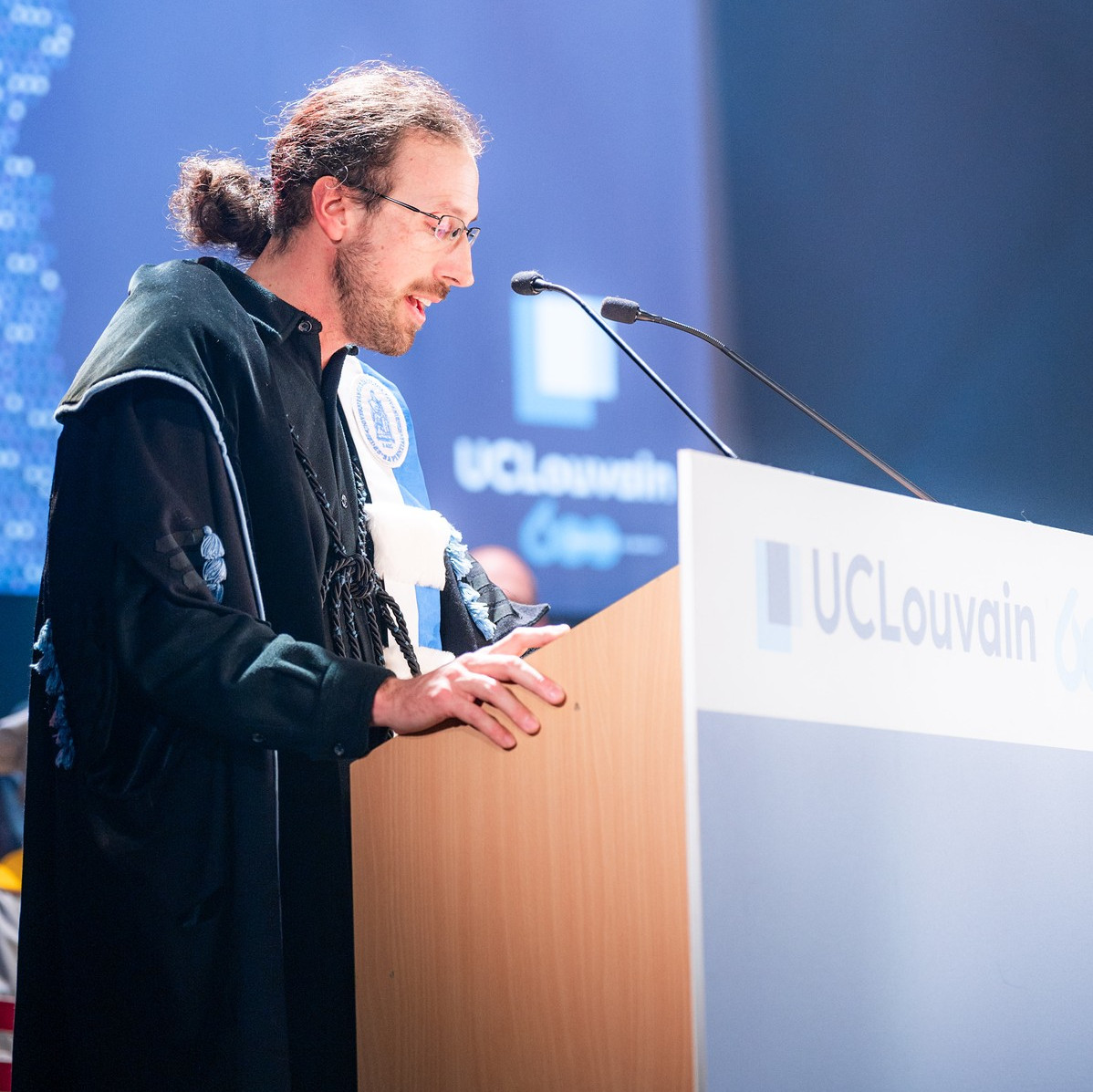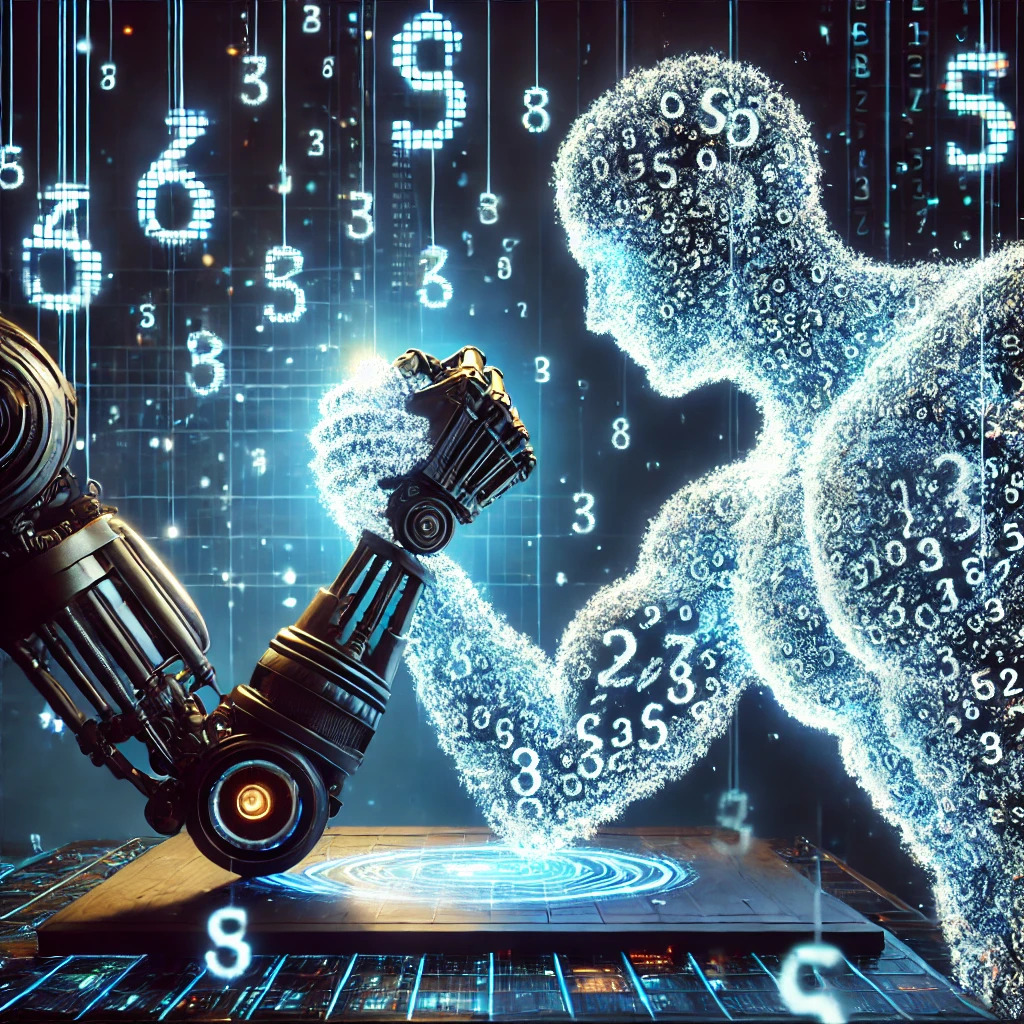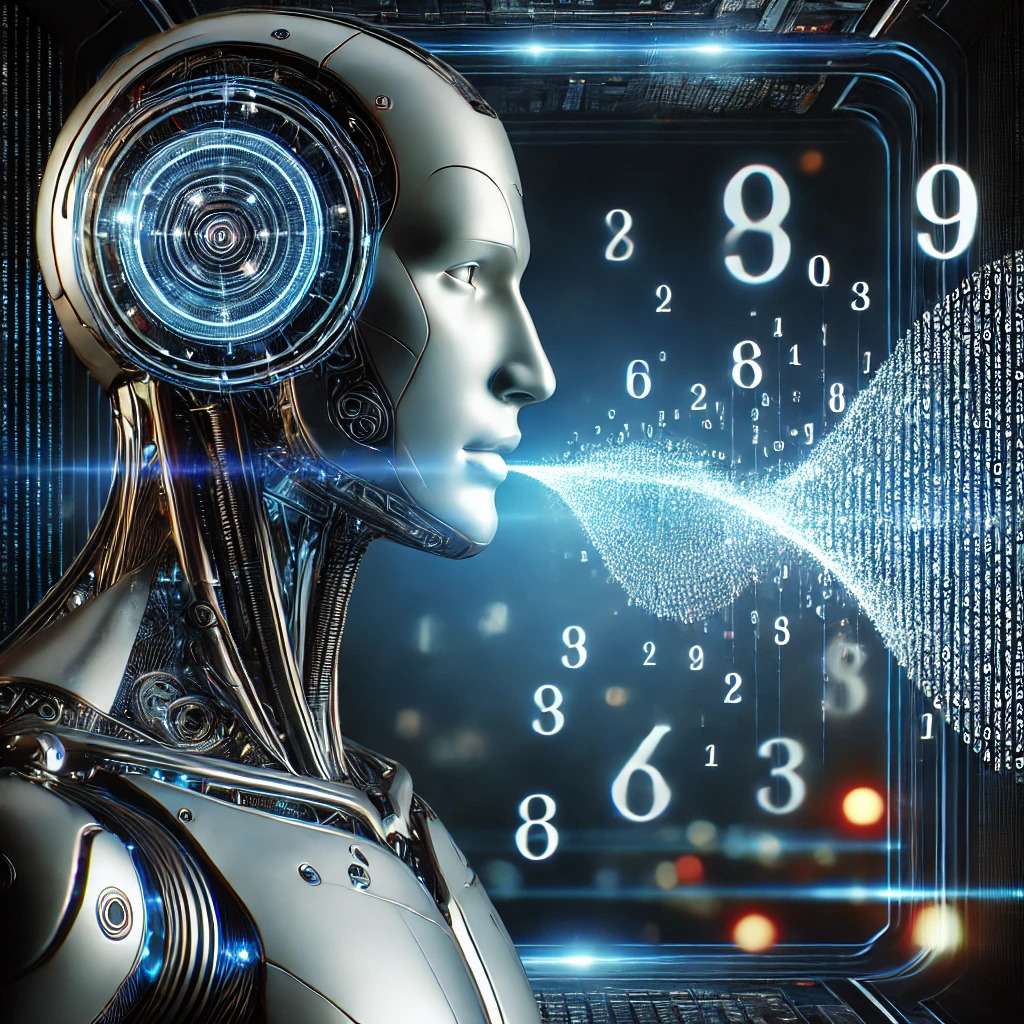TabICL: Pretraining the best tabular learner
Note
TabICL is a state-of-the-art tabular learner [Qu et al 2025]. The key is its very rich prior, that is baked in a pre-trained architecture -a table foundation model-, and leveraged by in-context-learning. Thanks to clever choices, it is fast and scalable, efficient even without a GPU.
Contents
- Recent progress …







